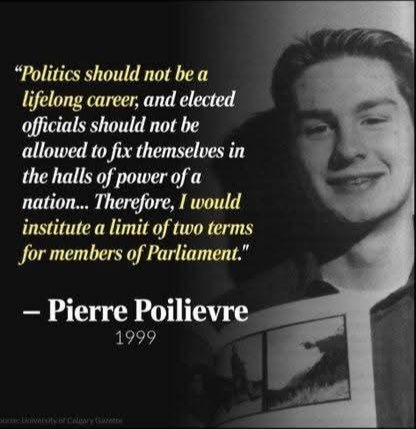Vaccination is our most effective tool against measles. The MMR vaccine is safe and highly effective, with two doses providing up to 99 per cent protection.
By maintaining high vaccination rates across our communities, we can prevent outbreaks and protect those who can’t be vaccinated due to age or medical conditions. As we navigate this situation, it’s crucial to stay informed and follow public health guidelines. Together, we can work to contain these outbreaks and protect the health of all Canadians.
The resurgence of measles in Canada is a stark reminder that we cannot take our public health achievements for granted.
Vaccination has been one of the most successful public health interventions in history, saving millions of lives. By working together — health-care providers, parents and communities — we can turn the tide on this resurgence and protect our most vulnerable populations from this preventable disease.
Measles is not just a childhood illness or a simple rash. It’s a serious disease with potentially severe complications. But with vigilance, education and a commitment to vaccination, we can once again push measles to the brink of elimination in Canada. The health of our communities depends on it.

Simple things you can do, to grow the proportional representation movement—so we never have to vote for the lesser of the evils, have a two party system, "split the vote", or strategic vote